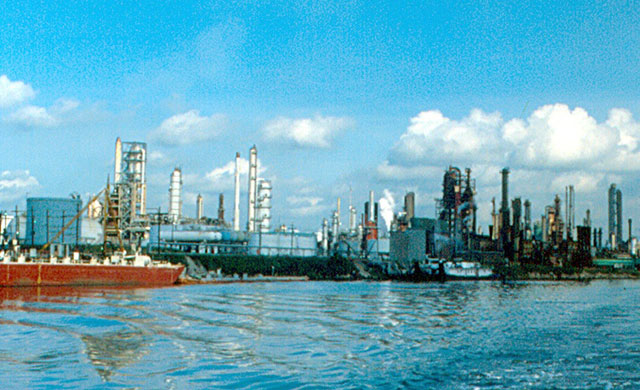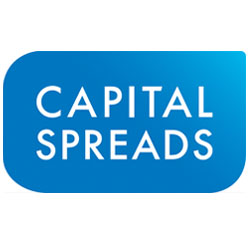Is it possible that BP (LSE:BP.) could be in deep water again? Given the company’s activities over the past several years, including those minor headaches in the Gulf of Mexico and with their joint ventures with Russian oligarchs, it seems almost inevitable. This time BP has reportedly been in cahoots with Royal Dutch Shell (LSE:RDSA) and other major producers in what may become a price-fixing scandal of similar magnitude to the recent LIBOR disgrace in the banking sector.

Price reporting agencies (PRA) are also under suspicion, particularly Platts, whose offices were raided on Sunday by representatives of the EU Commission along with the offices of Shell, BP, and Norway’s Statoil. Other PRAs include ICIS Heren and Argus. The PRAs provide benchmark prices for gas each day after the close of the markets, based on information voluntarily provided by oil and gas provider, who, by the way, are traders and wholesale suppliers as well. In an October 2012 report, the International Organization of Securities Commissions said that “the ability ‘to selectively report data on a voluntary basis creates an opportunity for manipulating the commodity market data.'”
The whole system relies on the integrity of the companies and the information that they provide. We’ve seen how well that works in the past. Robert Campbell, a former industry insider, said, “The vulnerability to physical crude price assessments to manipulation is an open secret within the oil industry. That surprise is that it too regulators so long to open a formal probe.” Although the UK’s Office of Fair Trading looked into allegations of price fixing and found nothing of note just and “very limited evidence” that petrol prices were affected by possible collusion of major oil producers and PRAs.
The rub, according to Bloomberg Business Week is that “regulators have ‘very little understanding’ of how oil trades are reported to the trade press, and the practice lacks any real oversight.” It’s also important to note that banks tend to be strongly invested in the energy sector. It’s hard to believe, at this point in time, that banks would be involved in anything devious, but they are position to make big gains in price fixing conspiracies – not they they would ever do such a thing.
Now the U.S. Department of Justice (DoJ) wants in on the investigations, believing that “Efforts to manipulate the European oil indices, if proven, may have already impacted U.S. consumers and businesses, because of the interrelationships among world oil markets and hedging practices.” Others joining in the investigative process include Ofgem, the Financial Conduct Agency, and the Serious Fraud Office. Ironically, Ofgem failed to act on recommendations made in 2011 that a need existed to implement closer oversight of energy companies’ reporting practices.
Any collusion by the oil companies centers on manipulation of Platt’s Market-On-Close (MOC) process whereby their analysts determine the end-of-day value of the commodities that it monitors. The actual process is a complex assessment of numbers provided by the oil companies. The integrity of the output depends on the integrity of the input. It kind of reminds me of the old computer adage, “Garbage in; Garbage out.” Although Platts says that it is “selective” and that reported transactions must be “verifiable,” by its own admission it requests supporting documentation only “on occasion.” And, although it says that takes steps to “ensure the integrity of the price assessment process,” its process explanation finishes with an end note that says “Platts makes no representation or warranty as to the results to be obtained by market participants who elect to use Platts’ prices and indices as the basis for transactions.”
I’m more and more inclined to ascribe to the old axiom that “Where there is smoke, there is fire.” Something is smoldering. The lack of adequate regulation allows enough oxygen for a fire to burn, but sooner or later, someone is going to get to the source of the smoke. All of the indicators point to some kind of collusion between BP, Shell, and other oil producers. The big question will be whether or not Platts and other PRAs are involved.
PM David Cameron has promised prosecution for any oil executives found guilty of price fixing. The NMX0530 was down only slightly this afternoon from 8239 to 8236. BP share price was up 0.30% to 471.35, whilst RDSA fell 0.27% to 2,224.00.

 Hot Features
Hot Features













